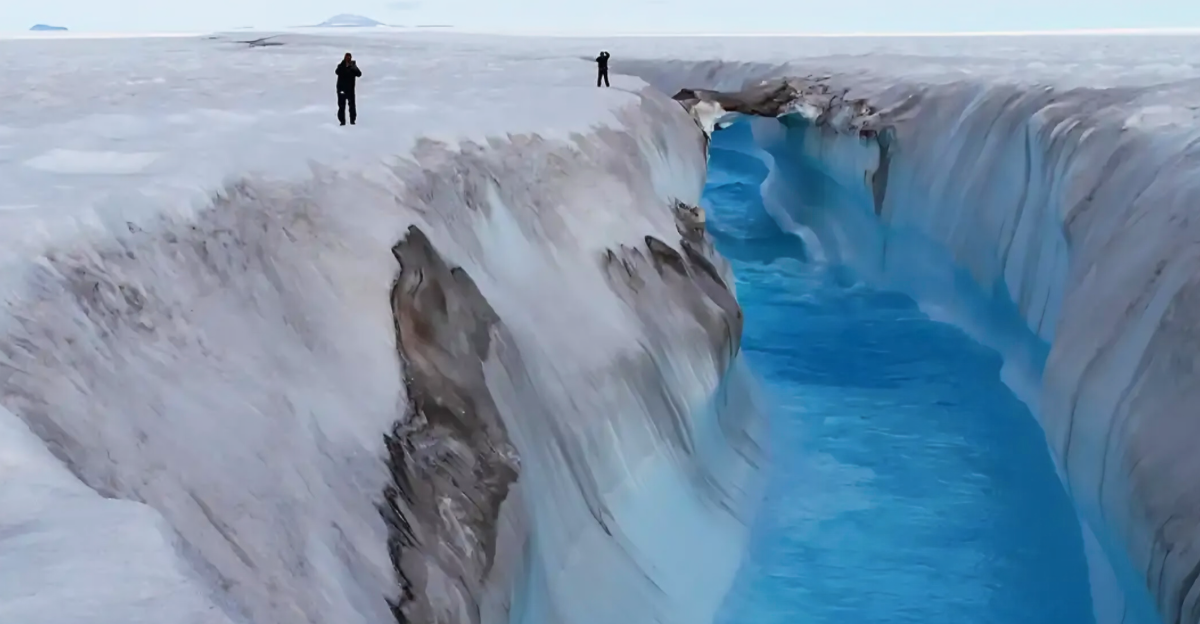
The Atlantic Ocean has a circulatory system, and it plays a crucial role in regulating Earth’s climate. Scientists call it the Atlantic Meridional Overturning Circulation, or AMOC. Think of it as the planet’s oceanic heartbeat, pumping warm water north and sending cold water south.
But here’s the scary part: research now shows that this circulation is slowing down, and it is happening faster than we thought. The last time it stalled this dramatically, Europe froze and ecosystems collapsed.
A weaker AMOC could mean rising seas, colder winters in Europe, harsher monsoons, and massive disruptions to marine life. This is not sci-fi. It’s already unfolding, quietly, steadily, and globally.
What Is the AMOC, Exactly?
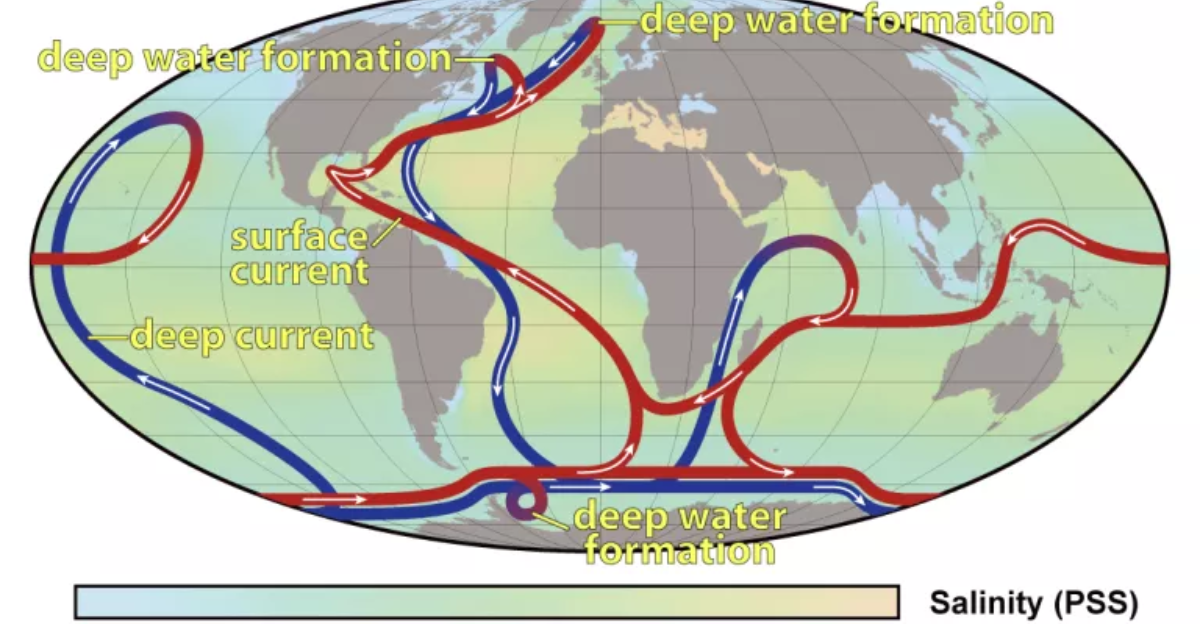
The AMOC is like a giant conveyor belt that moves heat and nutrients around the planet. Warm water from the tropics travels north near the surface, cools down around Greenland, sinks, and flows back south at deeper depths.
This system helps regulate temperatures from North America to Africa, keeping Europe relatively mild and shaping rainfall patterns across the globe. Without it, climates would shift wildly.
It also brings oxygen and nutrients to deep ocean ecosystems. When it slows, the entire oceanic food web feels the effects. Coral reefs, fisheries, even plankton, everything is connected to this powerful current.
Is It Really Slowing Down?
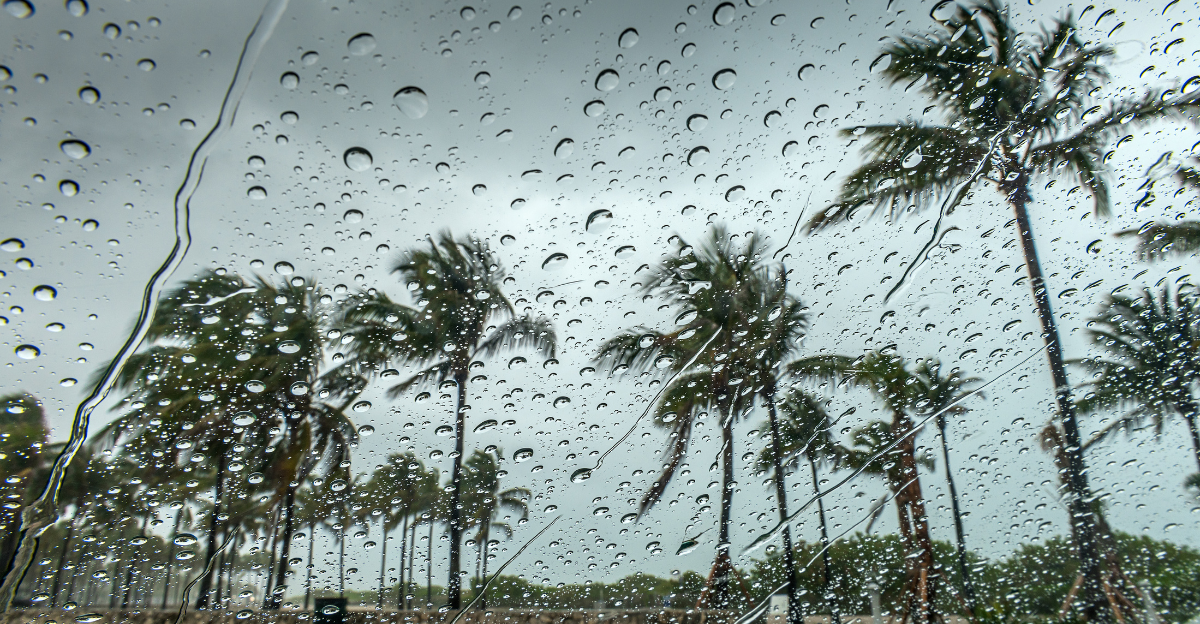
Yes, and alarmingly so. According to a 2021 study published in Nature Geoscience, the AMOC is now at its weakest in at least 1,000 years. Other researchers have found signs that it could be approaching a “tipping point.”
Climate models have long predicted this, but the pace is surprising scientists. Some now estimate that by the end of this century, the circulation could collapse entirely if emissions continue at their current rate.
This wouldn’t just be a gentle fade-out. It would be a sharp, irreversible shift with global consequences, especially for weather systems and biodiversity.
Why Is It Slowing Down?
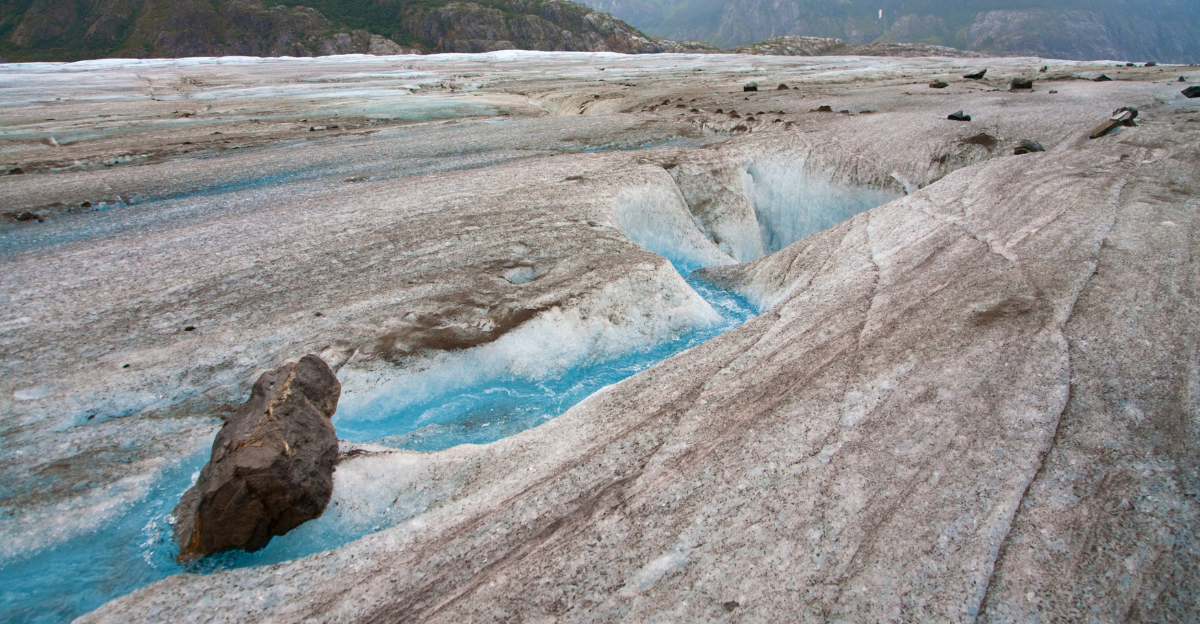
Melting ice from Greenland is one of the biggest culprits. As massive glaciers melt, they release fresh water into the ocean. This freshwater is lighter than salty seawater, which disrupts the sinking process critical to AMOC’s circulation.
On top of that, global warming is heating the oceans overall, weakening the temperature contrast needed to keep the current flowing. The more the Earth warms, the more the AMOC slows.
It’s a vicious cycle. More melting means less circulation, and less circulation means even more warming. We’re watching a self-reinforcing feedback loop in real-time.
What Happens if It Collapses?

A full AMOC collapse could plunge Europe into frigid winters, shrink growing seasons, and intensify droughts in regions like the Amazon and West Africa. Meanwhile, sea levels on the U.S. East Coast could jump by as much as 30 centimeters.
The North Atlantic would also become oxygen-starved, disrupting marine ecosystems from plankton to whales. Fisheries could collapse, food chains would break down, and biodiversity would take a hit.
It wouldn’t be a localized disaster, it would be a global shockwave. Weather patterns, economies, and ecosystems everywhere would feel the impact of the ocean’s missing heartbeat.
How Ecosystems Will Be Affected
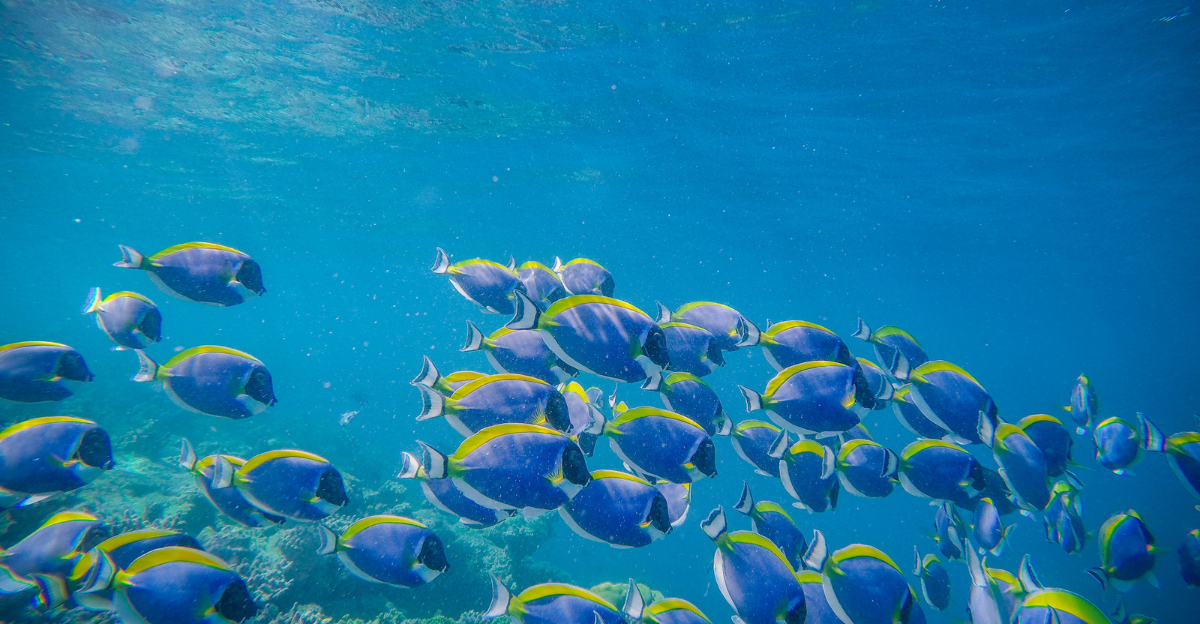
Many marine species depend on nutrient-rich waters that circulate through the AMOC. When that flow slows, these nutrients stay trapped, starving entire ecosystems from the bottom up.
Cold-water species like cod and haddock could lose their habitats. Coral reefs, already stressed by bleaching, would face additional thermal pressure. Even migratory birds and whales could be thrown off course.
Land ecosystems are not safe either. Climate shifts caused by AMOC changes could disrupt rainfall in the Amazon, threaten crops in Asia, and push more species toward extinction. In short: nothing will remain untouched.
The Human Cost
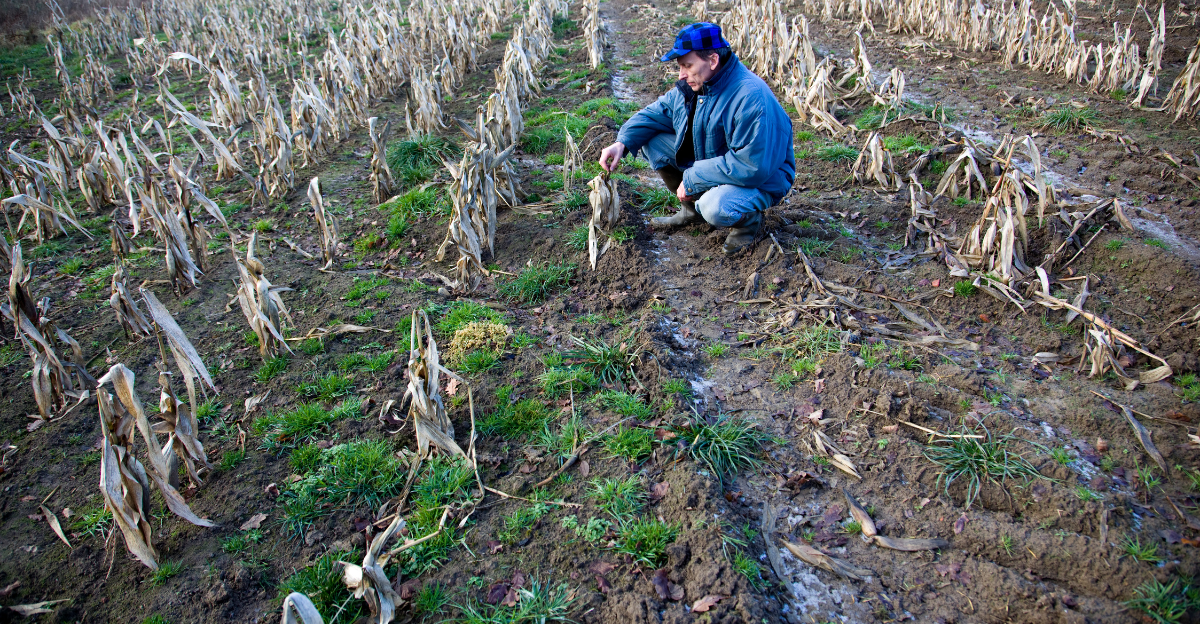
A slower AMOC will ripple through agriculture, health, and the global economy. Crops could fail due to shifting rain patterns and harsher droughts. Livelihoods tied to fisheries would vanish in affected coastal regions.
More extreme weather events, heatwaves, floods, cold snaps, would become common. Coastal cities could face higher tides and rising sea levels, increasing the cost and complexity of disaster planning.
Insurance premiums would soar, and governments would be forced to spend more on climate adaptation. For lower-income countries, the fallout could be especially devastating, worsening inequality and climate migration.
Could This Be Reversed?
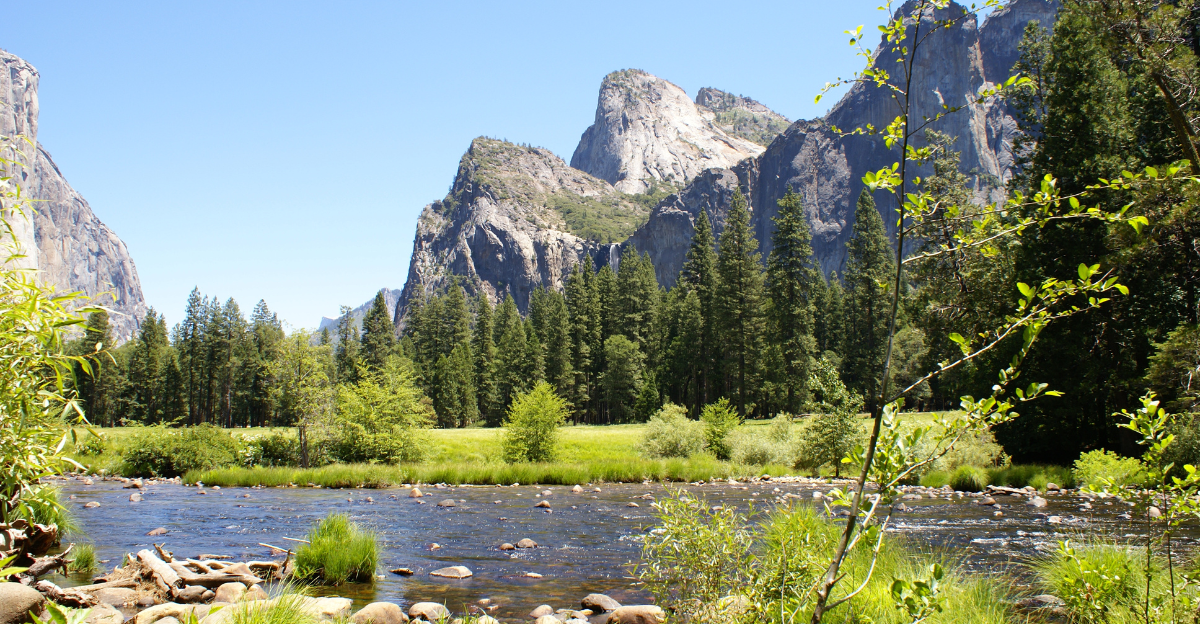
If global carbon emissions dropped drastically, and soon, scientists believe we could slow or possibly even stabilize the AMOC. But the window is closing fast.
Reducing greenhouse gases, protecting ice sheets, and restoring ecosystems like wetlands and forests are all part of the solution. Every degree of warming avoided buys us time.
There’s no single fix, but international cooperation and rapid policy shifts are crucial. The ocean doesn’t operate on political timelines, and it won’t wait for perfect plans.
Why This Isn’t Just Another Climate Headline
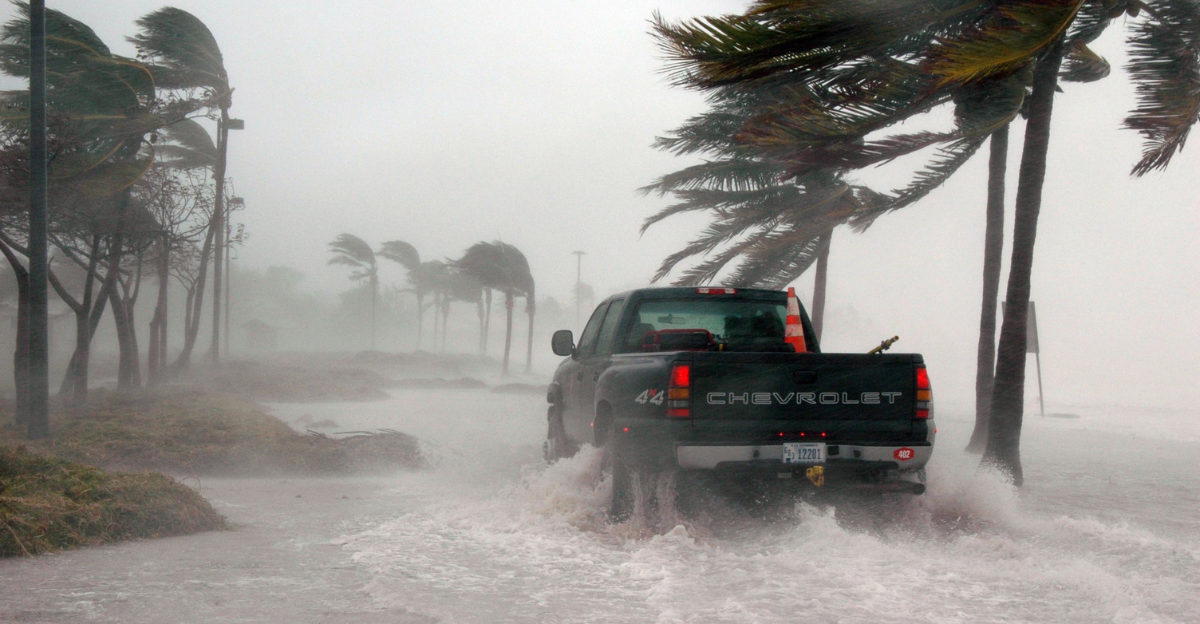
Unlike hurricanes or wildfires, a weakening AMOC doesn’t come with sirens or breaking news alerts. It’s a slow, quiet change, and that’s what makes it dangerous.
It’s easy to ignore subtle shifts in ocean temperatures until it’s too late. But make no mistake: this is one of the biggest tipping points in our climate system.
If we don’t act, the consequences could be felt for centuries. And by the time it’s visible from our windows, we’ll have missed the chance to fix it.
The Clock Is Ticking
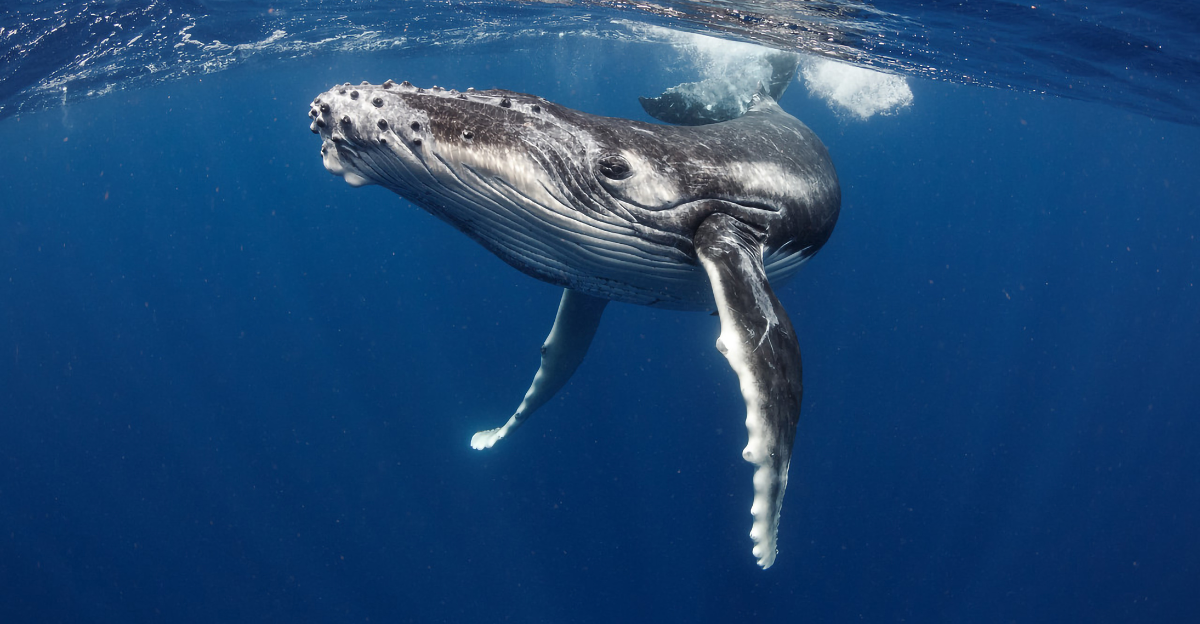
The AMOC may not be something you can see, but it touches everything you know. It regulates climate, shapes coastlines, feeds ecosystems, and keeps extreme weather in check. And right now, it’s in distress.
Slowing this unraveling circulation requires real action, from governments, corporations, and individuals. It’s not just about ice caps or ocean currents. It’s about food, homes, and the future stability of the planet.
If the ocean’s heart goes silent, it won’t be gentle. We still have a chance to protect it — but only if we stop pretending the warning signs are whispers.
Explore more of our trending stories and hit Follow to keep them coming to your feed!

Don’t miss out on more stories like this! Hit the Follow button at the top of this article to stay updated with the latest news. Share your thoughts in the comments—we’d love to hear from you!







